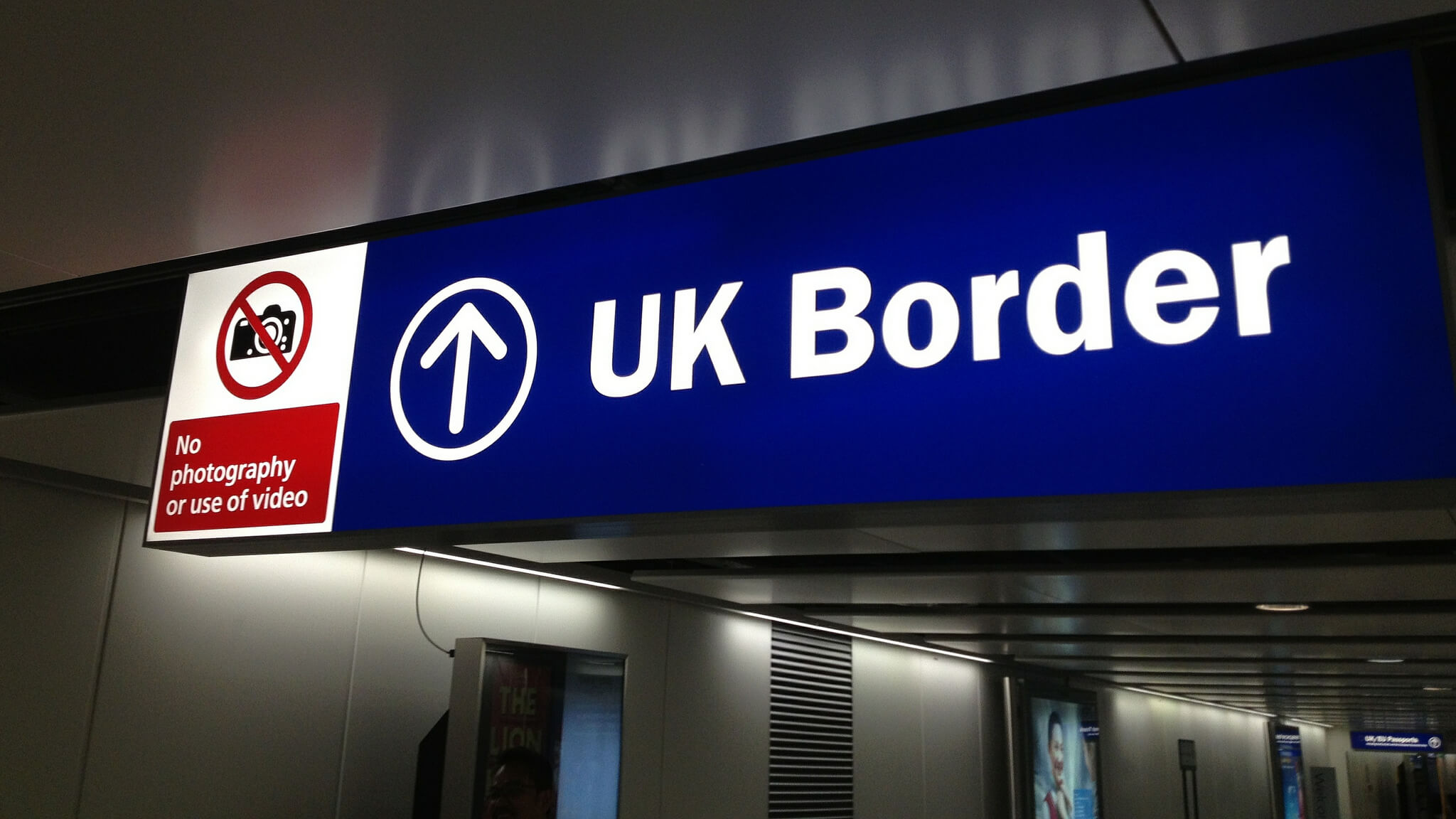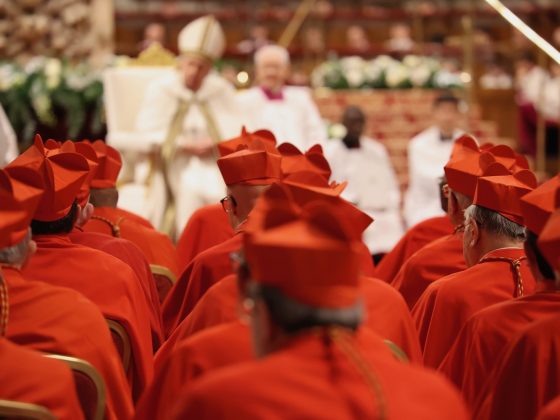In recent times, the discourse around immigration in the UK, particularly in response to the government’s migrant plans, has been nothing short of provocative. But beneath the headlines and political grandstanding, there exists a truth that needs to be addressed—albeit respectfully and unequivocally.
It’s no secret that discussions about immigration have been held behind closed doors, far from the public eye. These conversations, often limited to a select few within the government, have been meticulously documented. From the intricacies of student and dependent migration to the calculated scenarios and the strategies to manage social, economic, and political consequences, these discussions have unfolded in parallel to opportunities for political gain.
Let’s be clear: the numbers and revenue generated by visa processing alone are not a mystery. The process of migration to the UK, whether legal or otherwise, involves a multitude of fees, from insurance to visa charges, not to mention the unofficial agents tacitly endorsed by the government. Tallying these numbers should provide a clear understanding of immigration statistics, obviating the need for months of painstaking analysis.
Moreover, there has been a tacit agreement, both in theory and practice, to maintain an organised silence on the details of immigration, from border control to the Home Office, rights to rent, transport, and universities. It was deemed preferable to keep the inner workings of this exploitation under wraps, all while creating a readily exploitable student migration cohort. This was especially true during the short-term, post-pandemic periods when the competition with other leading academic destinations like the US and Australia intensified.
To put it bluntly, there is no shortage of candid remarks uttered behind closed doors, with even the most ostensibly benign figures in government labelling certain groups as “gullible, desperate, and disposable people from the global south.”
In essence, the entire immigration landscape—its planning, engineering, and manipulation—has been a choreographed dance, a performance that, quite frankly, has left little room for surprise.
This is not a conspiracy theory; it’s a sobering truth. It is not an attempt to undermine the severity of immigration issues but a call for transparency, honesty, and a more humane approach. It is a plea to recognise that immigration is not a game to be played with the lives and aspirations of countless individuals. It is a complex issue that deserves a comprehensive, compassionate, and sustainable solution.
As the discussion around immigration in the UK continues to evolve, let us remember that behind the numbers and policies are real people with real dreams and aspirations. As a society, it is incumbent upon us to confront the truth, acknowledge the calculated nature of this issue, and strive for a fair and just immigration system that reflects the values of compassion and respect for all.










